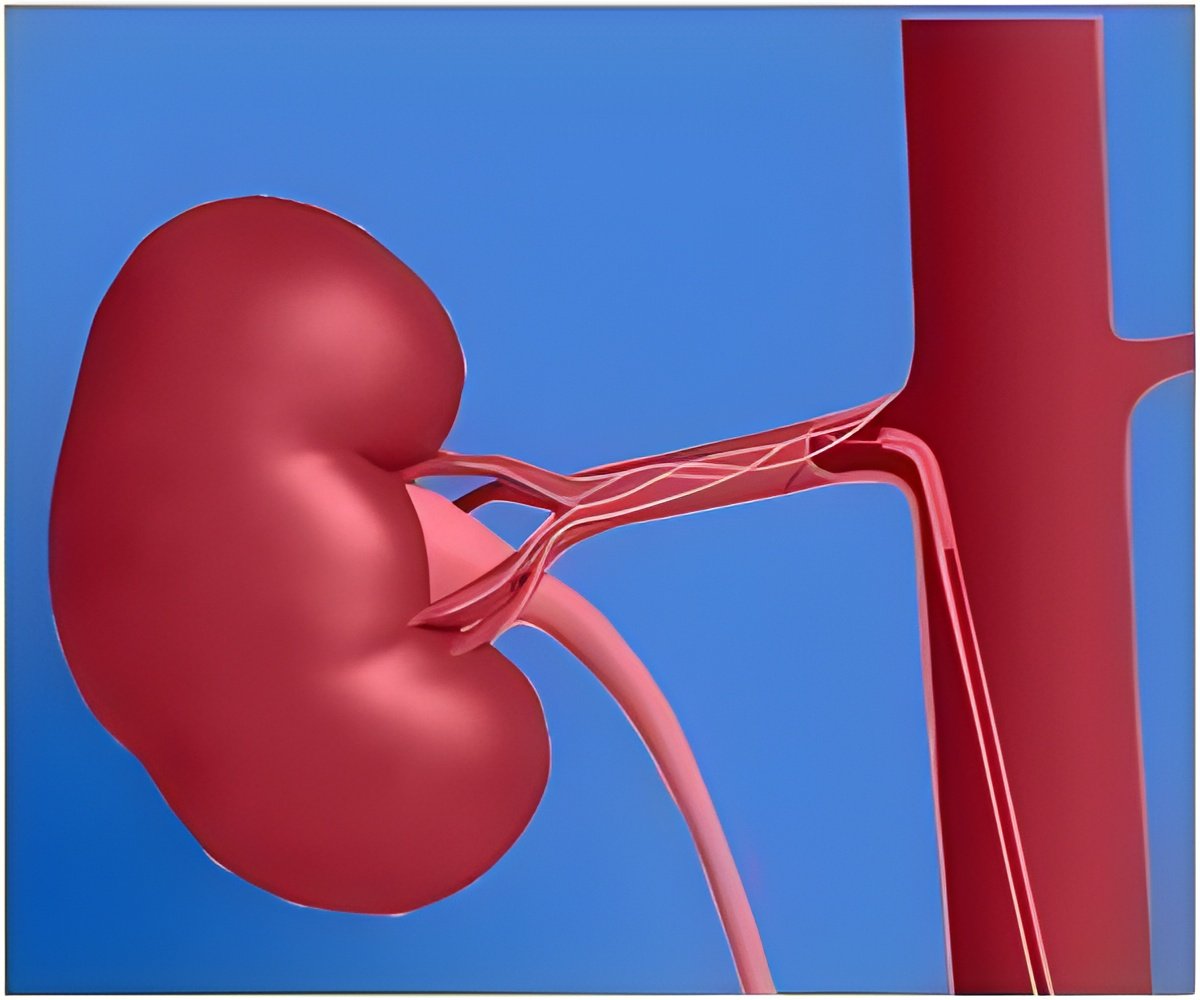
Arterial calcium deposits may contribute to the high rate of death from heart disease in patients with CKD and ESRD. In addition to calcifications of the inner or "intimal" layer of the blood vessels (atherosclerosis), calcifications can also occur in the middle, or "medial" layer. These medial calcium deposits may contribute to cardiovascular disease risk by making the arteries stiffer, but they can be difficult to detect.
In an initial study, Dr. O'Neill and colleagues examined samples of breast artery tissue from 16 women with kidney disease. While all of the samples showed medial calcifications of the breast artery, none showed intimal calcifications.
When the researchers reviewed routine mammograms performed in 71 women with ESRD, they found breast arterial calcifications in 63 percent of patients. In contrast, in a matched group of women without kidney disease, mammograms showed breast arterial calcifications in just 17 percent of cases.
Thirty-six percent of the women with kidney disease already had breast arterial calcifications on mammograms performed several years earlier—before their kidney disease advanced to ESRD. More than 90 percent of women with calcifications of the breast artery also had evidence of medical calcifications in other blood vessels.
Calcium deposits seen on mammograms could be "a marker of generalized medical vascular calcifications" in patients with kidney disease, the researchers write. The results support the theory that CKD predisposes to medial calcification, which may in turn, contribute to cardiovascular disease.
Advertisement
The study had some important limitations, including the relatively small number of patients studied.
Advertisement
Source-Eurekalert















